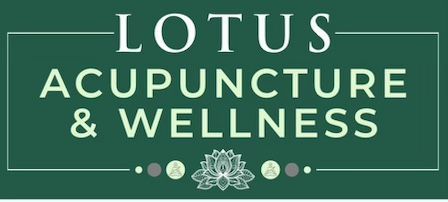Irritable Bowel Syndrome (IBS) is a complex digestive disorder that affects the intestines' ability to move contents efficiently. The primary symptoms of IBS include:
- Abdominal pain
- Bloating
- Diarrhea and/or constipation
Other symptoms may include
headaches, fatigue, anxiety, and depression. Various factors can trigger IBS, including
stress, diet, emotional health, hormonal changes, and certain medications.
The Traditional Chinese Medicine (TCM) Perspective on IBS
- A "foggy" feeling and difficulty concentrating
- Bloating and fullness
- Loose stools and digestive discomfort
- Alternating diarrhea and constipation
- Gas and bloating
- Headaches and dull abdominal pain
- Early morning diarrhea
- Bladder incontinence
- Cold hands and feet
- Lower back pain and weak knees
How Acupuncture Can Help IBS
Acupuncture and TCM offer a
safe, natural, and drug-free approach to managing IBS by
addressing the root cause rather than just the symptoms. Unlike Western medicine, which often focuses on symptom relief through medications, acupuncture aims to
restore balance to the body’s energy systems.
The Acupuncture Approach
During treatment, an acupuncturist will:
- Conduct a thorough assessment to determine which organ and meridian systems are imbalanced.
- Develop a personalized treatment plan that may include acupuncture, herbal medicine, dietary adjustments, and stress management techniques.
- Use fine, sterile needles to stimulate specific acupuncture points, promoting smooth digestion, reducing inflammation, and calming the nervous system.
Additional Therapies to Support IBS Relief
Your practitioner may also recommend:
- Herbal medicine to strengthen digestion and reduce bloating
- Dietary modifications to support gut health
- Breathing exercises and relaxation techniques to manage stress
- Lifestyle adjustments to prevent symptom flare-ups
Take Control of Your Digestive Health

If you’re struggling with IBS, acupuncture and TCM provide a natural, holistic approach to restoring balance, improving digestion, and reducing discomfort.
By addressing the root cause of your symptoms, acupuncture can help you regain control over your digestive health and overall well-being.
Ready to experience the benefits of acupuncture for IBS?
Schedule a consultation today and take the first step toward a healthier, more balanced life!
Contact Lotus Acupuncture & Wellness to start your healing journey today!


